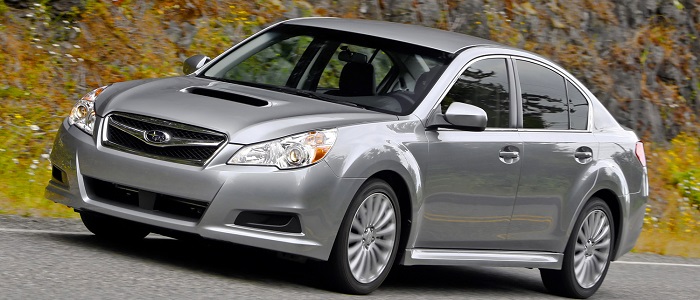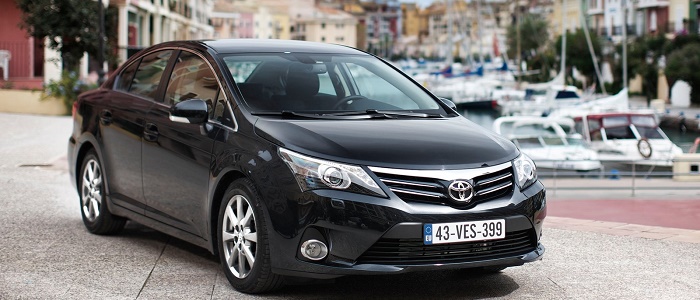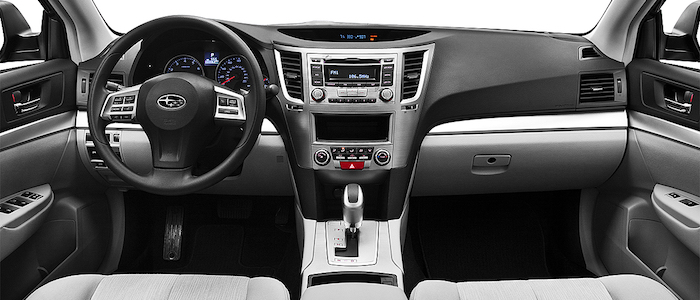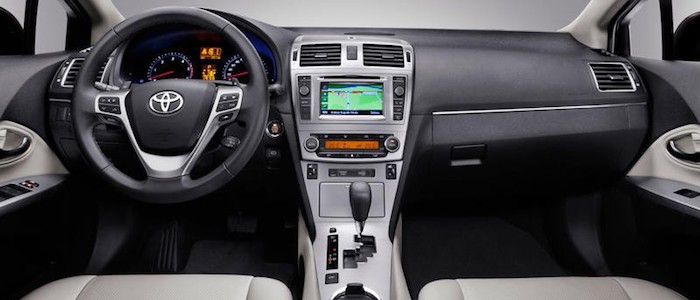Compare two cars
Compare any two cars and get our Virtual Adviser™ opinion
Marketing
Dimensons & Outlines
Engine
Performance (manual gearbox)
Performance (automatic gearbox)
Expenses
Virtual Adviser's™ opinion
Two significantly similar cars, no doubt about that. Still, each one has something different to offer. Having both cars powered by petrol engines and utilizing the 4-door sedan body style within the same 'Large family car' segment, the only major difference here really is their wheel drive configuration (4 x 4 for the Subaru and front in the case of the Toyota). The first one has a Subaru-engineered powertrain under the hood, a 4-cylinder, 16-valves 150hp unit, while the other one gets its power and torque from a 4-cylinder, 16-valves 152hp engine designed by Toyota.
SafetyThe first thing to look into here would be the results from European New Car Assessment Programme (Euro NCAP) tests performed on the two cars. Good thing is that both vehicles got tested, with the same number of safety stars gained in the process. Moving further on, let's take a closer look at some additional safety-related facts. Both vehicles belong to the large family car segment, which is generally a good thing safety-wise, still it doesn't help us solve our dilemma, does it? Furthermore, when it comes to weight, a factor that most people underestimate, Legacy offers a considerable difference of 11% more metal.
ReliabilityManufacturers have been building their reliability reputation for decades now and, generally speaking, it appears that Toyota does have a slight advantage, at least on all of the models level. That's the official data, while our visitors describe reliability of Subaru with an average rating of 4.2, and models under the Toyota badge with 4.6 out of 5. Some independent research have also placed Legacy as average reliability-wise, and Avensis is more or less at the same level.We should definitely mention that owners of cars with the same powertrain as Legacy rank it on average as 4.8, while the one under the competitor's bonnet gets 3.0 out of 5.
Performance & Fuel economyToyota is undoubtly more agile, reaching 100km/h in 1.6 seconds less than its competitor. In addition to that it accelerates all the way to 200 kilometers per hour, exactly the same as the other car does. When it comes to fuel economy things look pretty much the same for both cars, averaging around 6.8 liters of fuel per 100 kilometers (42 mpg), in combined cycle.
Verdict
Subaru appears just a bit more reliable, although the difference is truly marginal. The most important thing when deciding between any two vehicles should always be safety, both passive and active. In my opinion, everything taken into account, Legacy offers significantly better overall protection, taking the lead here. From there things take a different direction, with Toyota being considerably quicker, thus putting more smile on driver's face. To make things even better, it consumps less fuel! No mistake, whatever you decide here, but I'd still go for the Toyota. Nevertheless, let's not forget that people have different preferences and needs, so what really counts is your personal feel. I'm only here to help. In case you have two minutes to spare I invite you to define your needs, desires and budget and see which car would be chosen by the virtual adviser™, among more than 12.000 different ones in our database.
































